This article is part of the Under the Lens series
Community Ownership Takes Center Stage
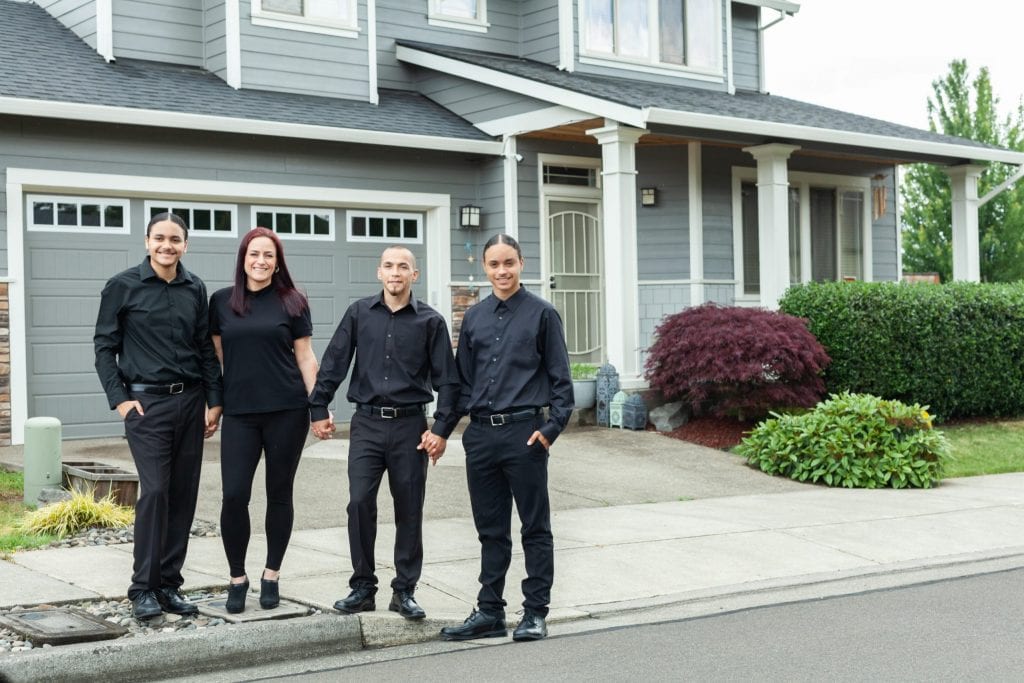
Celebrating the purchase of a home through Proud Ground. Photo courtesy of Proud Ground
Diane Linn, executive director of Proud Ground, a community land trust (CLT) based in Portland, Oregon, recalls the story of a current board member who was born into generational poverty. She was raised in a mobile home park, and after she married, she had two sons who were later diagnosed with autism. She often struggled to make ends meet.
After coming to Proud Ground, the board member was able to buy a home, pay it off, and create her own equity. The house helped stabilize her family, and her son later graduated from high school as the class valedictorian.
The story is one of many compiled by the CLT since its founding in 1999 by a group of housing advocates who saw that homeownership was out of reach for many in the city. The group launched the land trust with an initial grant of about $100,000.
|
What are CLTs? How do they work? What are the benefits and areas of concern? We break it down for you in this handy explainer. |
Since the late ’90s, Proud Ground has grown its portfolio to include about 370 homes, with a goal of reaching 570 in the next two years and 700 within five years.
Proud Ground has stayed away from developing new housing, aside from a condo project started in 2019 that went off the rails last year. The CLT had secured all the required permits and its design was approved, but days before signing closing documents, the COVID-19 pandemic shut down the project. Financing was put on hold, then suspended. Now back on track, the project is slated to resume later this year.
Normally, Proud Ground brings homes into the land trust by purchasing former rentals that are in solid condition, durable, and energy efficient. But Proud Group also works with developers like Habitat for Humanity, which builds new homes and partners with the CLT to maintain affordability. It also utilizes grants and funding from city, state, and federal sources to reduce purchase prices for qualified homebuyers as part of a buyer’s choice program. In this setup, the buyer chooses a home on the market and purchases the physical house while the CLT buys the land that the building sits on.
Proud Ground is mainly funded through transaction fees from buying and/or selling houses, and ground lease fees paid by CLT homeowners each month. It also offers a brokerage service for the broader community to generate additional revenue. Linn says the CLT reached a point of organizational sustainability—somewhere around 100 homes—some time ago.
The 75 Percent Goal
Like much of the country, Portland has seen its housing prices increase in recent years. The median cost of a home in Portland this March was nearly $520,000, according to Redfin. Five years ago, it was around $380,000.
“We’re going through a frenzy right now,” Linn says.
While it does sell homes to the wider Portland community, Proud Ground is intentionally focused on helping people of color, particularly Black and Indigenous households, who are looking for homes to purchase. Linn says the goal is to have at least 75 percent of its homeowners be people of color.
‘The goal is to have at least 75 percent of its homeowners be people of color.’
“That’s really the role we play,” Linn says. “And it’s a very focused role, and [in Oregon] no other entity does what we do specifically.” This has made Proud Ground a natural fit to implement Portland’s preference policy, which gives homebuying assistance to residents or descendants of residents who were displaced by past city actions from North or Northeast Portland. Linn says Proud Ground is working to establish more homeownership units for these families.
[RELATED: Displaced Portland Residents Given Priority for Homeownership]
Since its founding in North Portland, the nonprofit has expanded to five counties across Oregon and Washington. And since 2019 it has partnered with Habitat for Humanity to provide permanent affordability stewardship for all new Portland-region projects. It also provides stewardship, support, and expertise for Habitat affiliates around Oregon.
In a major metro area like Portland, land is scarce and expensive, Linn says. Increasing its service area to surrounding jurisdictions that have federal dollars or local funds that can be used to bring homes into the land trust portfolio allows Proud Ground to serve more lower-income households and be a more financially stable organization.
However, Linn says there are limits to how large they would want their service area to grow. Merging or growing into a much larger entity would run the risk of increasing bureaucracy and reducing contact and connection with homeowners.
Proud Ground is guided by a fairly traditional tripartite board. One-third is composed of homeowners which are drawn from across the service area. Another third are representatives from partner organizations—including banking institutions that provide mortgage loans, community partners, and similar agencies. The remaining third are at-large board members, drawn from CLT members across every geographic area the land trust works in. Linn says they do not recruit members from specific neighborhoods, but they encourage engagement across their service area in activities and membership decisions through voting for board members. The 16-member board is more than 50 percent people of color, and also meets goals for diversity in geographic representation, gender, and skills and experience.
While it is not a neighborhood CLT, Linn says Proud Ground’s homeowners are invited and encouraged to be involved with the land trust to the degree that they choose. Proud Ground holds an annual picnic and membership meeting.
At the same time, Linn has been a proponent of helping smaller CLTs. She says Proud Ground’s goal is to work with them as often as they can, while focusing on the communities they serve. These partnerships also provide opportunities to advocate together. Oregon is in the middle of its legislative session, and Proud Ground is working with other organizations, including the Oregon Housing Alliance, to advocate for housing and tenant protection, homelessness support, and more.
|
Please consider supporting our small and dedicated team on Patreon. |

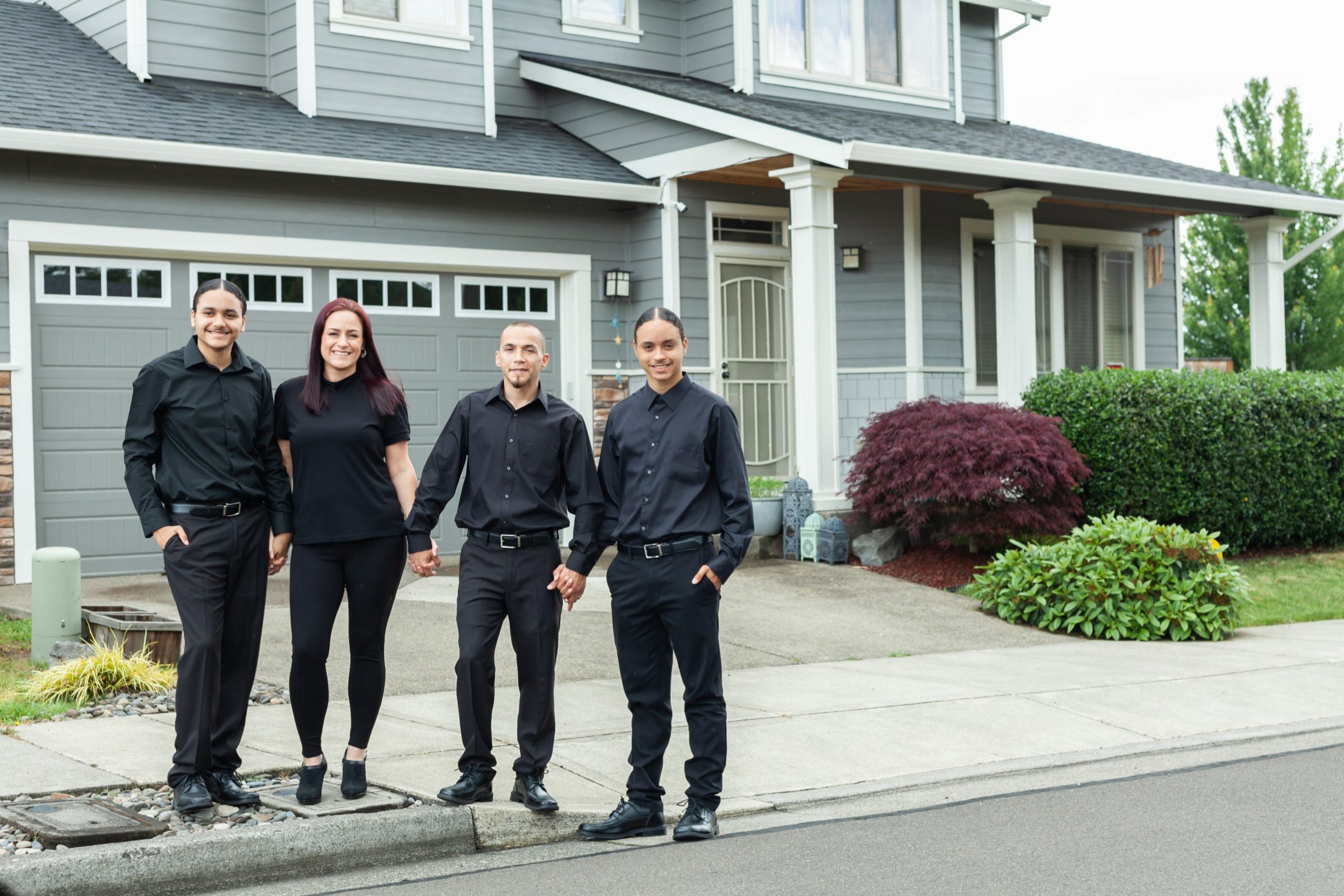

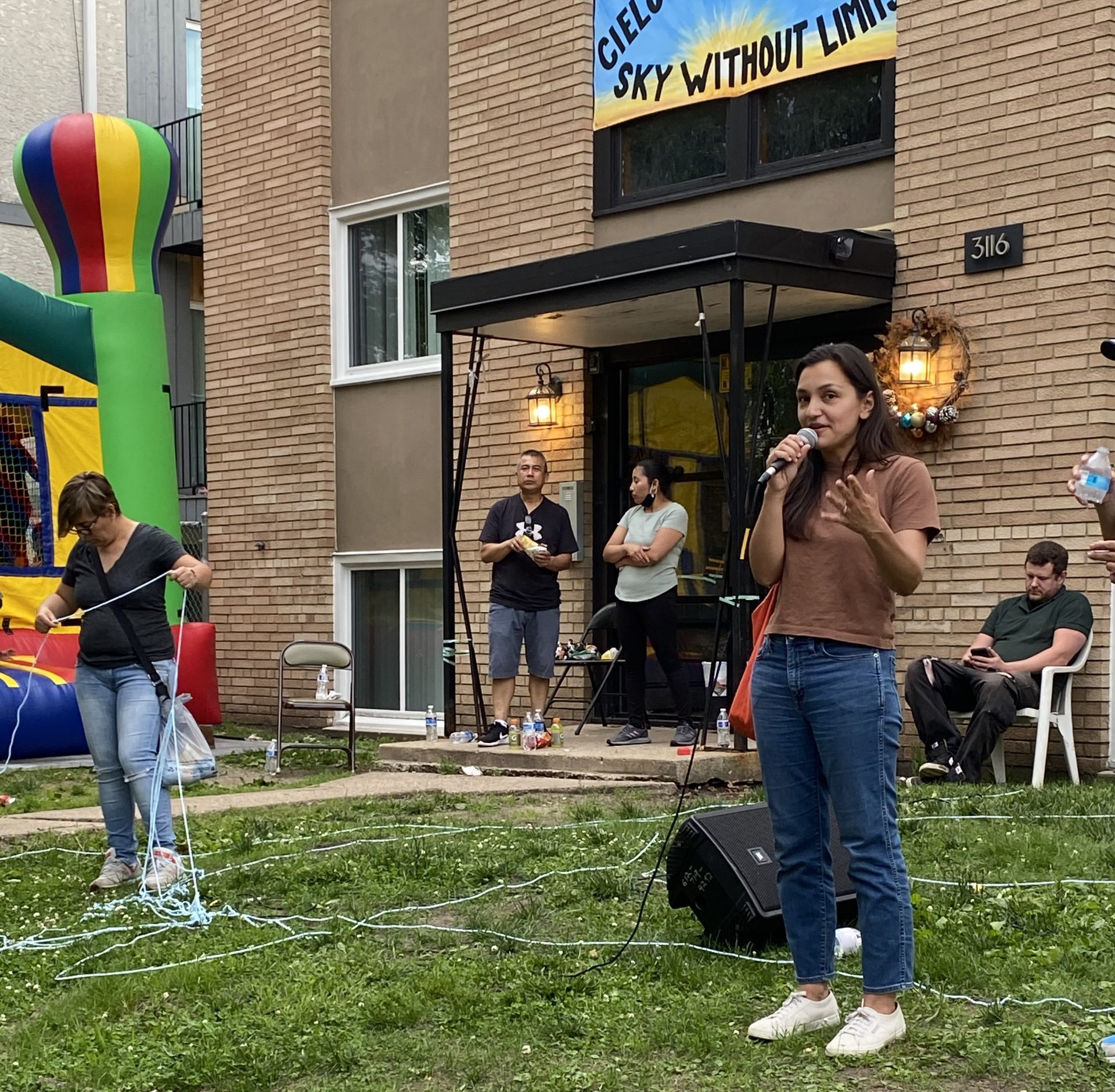
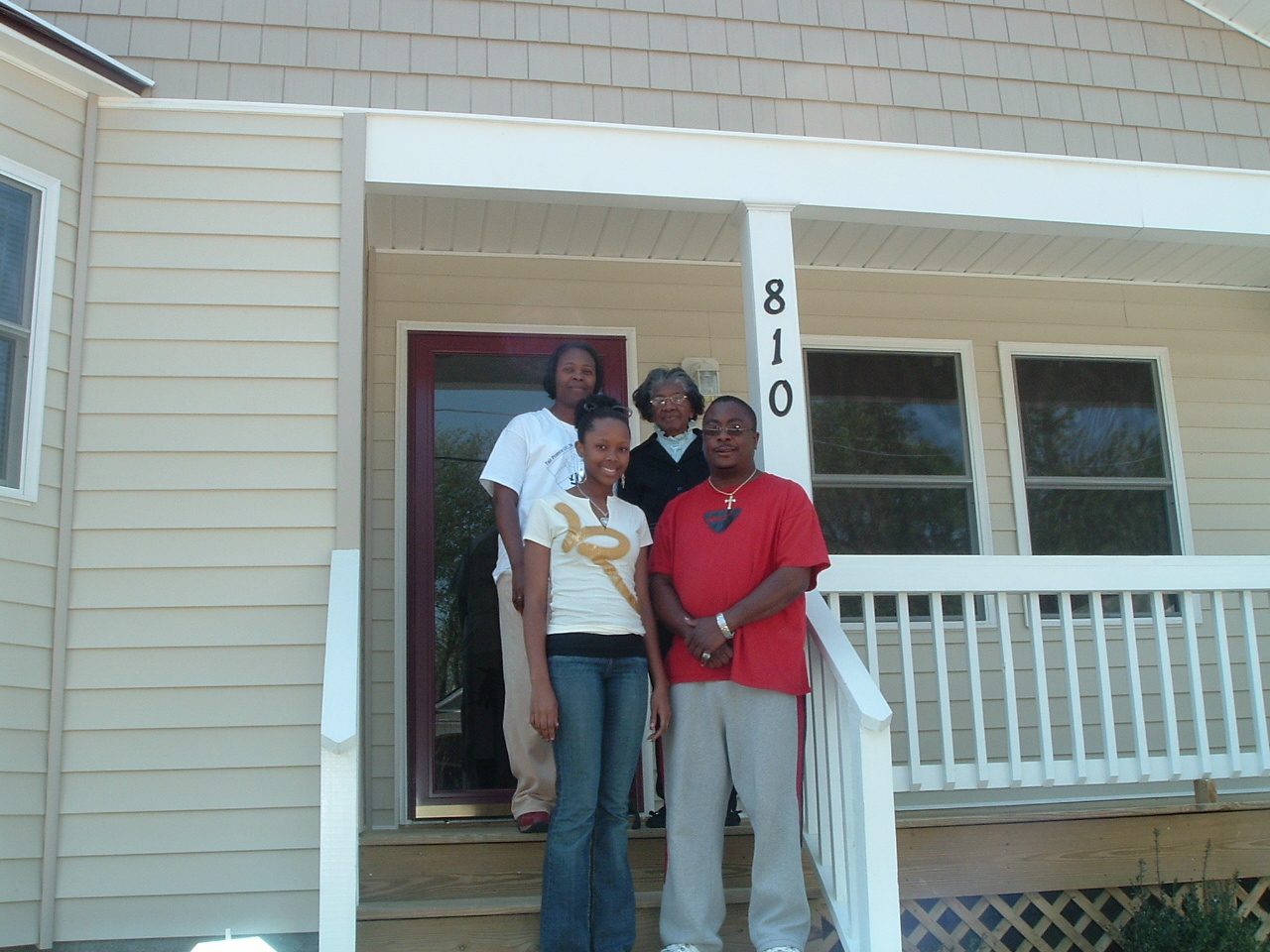
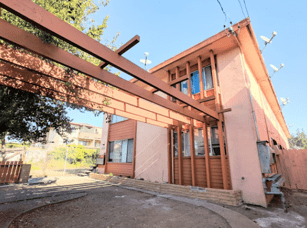
Comments